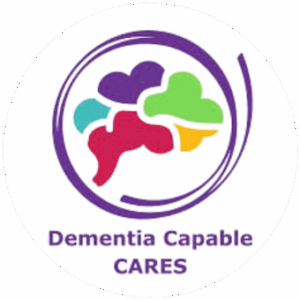According to the National Council on Aging, 1 in 10 Americans age 60 and older are the victims of some form of elder abuse over the course of a year – as many as 5 million seniors annually. In addition, nearly 50% of adults with dementia have experienced abuse or neglect, the agency reports. One prevalent form of senior abuse is elder fraud, in which an older adult is coerced, bullied, or tricked into handing over hard-earned assets, such as cash, jewelry, or collectibles. It’s estimated that over $40 billion is stolen from seniors yearly, and less than 3% of all cases are reported. Most elder fraud is committed by family members or people the senior knows. Scams by strangers are less common, but happen quicker and often result in more considerable financial losses.
For now, family caregivers are the first line of defense. Here are four steps you should take to avoid elder fraud scams.
Set up safeguards at the bank
If you’re concerned about your loved one’s financial decision-making and are worried they could be victimized financially, consider setting up a small checking account for them at a local bank. The account could include a debit card and check-writing privileges with a spending limit of $300 daily.
Also, ask the bank for account oversight. Have them send bank statements to you or a trusted person without direct access to the senior’s accounts. That person can check for fraudulent activity with the account.
Block solicitations
Opt your loved one out of all commercial mail solicitations through the Direct Marketing Association’s mail preference service. Also, register them with the Do Not Call registry to reduce the number of phone solicitations they receive. You won’t be able to eliminate them, but it will help.
Ask your phone carrier if they can activate an anti-robocall service for your loved one. Many phone carriers now provide this service, which has been approved by the Federal Communications Commission (FCC).
Regularly call or visit
Spending time with your loved one regularly can help you keep abreast of any new friends or romantic interests your loved one may have. Visiting in person regularly can help save a senior from isolating themselves, and calling them can alert you if someone you don’t know answers the phone or keeps you from visiting with them.
Be aware of elder fraud scams
Educate your senior loved one about different types of scams. Let them know how scammers can take advantage of unsuspecting seniors by using the telephone, email, or social media.
Also, check out the National Council on Aging’s website regularly to learn about scams currently being used to take advantage of unsuspecting seniors. Share this website with your loved ones and talk with them about what they should be looking out for.
HomeChoice Home Care Solutions provides companionship services for seniors in the Raleigh/Durham area. Our caregivers can help keep your senior loved one from becoming isolated and being a more likely target of unscrupulous scammers.
Contact us today to schedule your free in-home consultation. We’d love to learn about your loved one’s needs and create a customized care plan just for them. We make life easier for seniors and treat them with the courtesy and respect they deserve. Let us help your loved one age safely at home.










